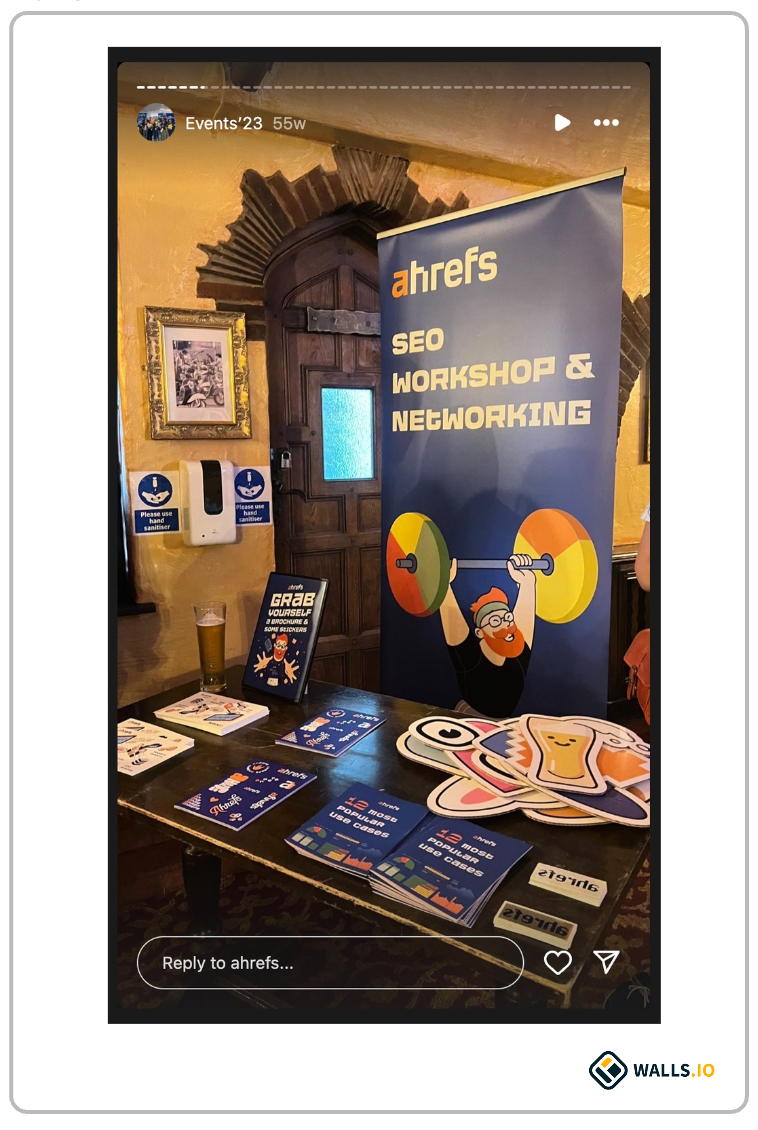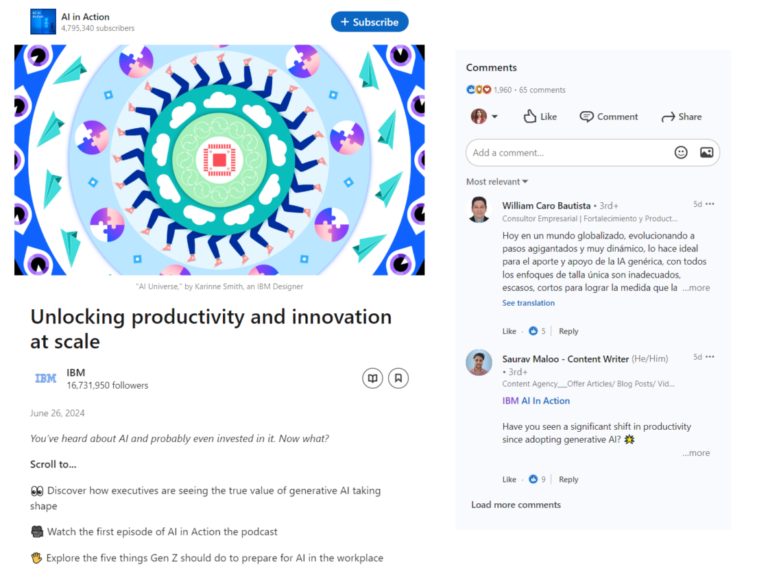Content curation tools help e-learning institutions provide high-quality, engaging, and up-to-date educational experiences, ultimately enhancing students’ learning outcomes.
In this article, we’ll discuss six tools that can streamline your content curation process as an educational institution — whether on social media or other digital platforms. Here’s what we’ll cover:
- Juicer: for social media walls
- Scoop It: for real-time content curation
- eLearning Tags: for educational research
- EduClipper: for comprehensive lesson creation
- Wakelet: for creating educational content collections
- Feedly: for content discovery
1. Juicer.io: For Creating Engaging Social Walls
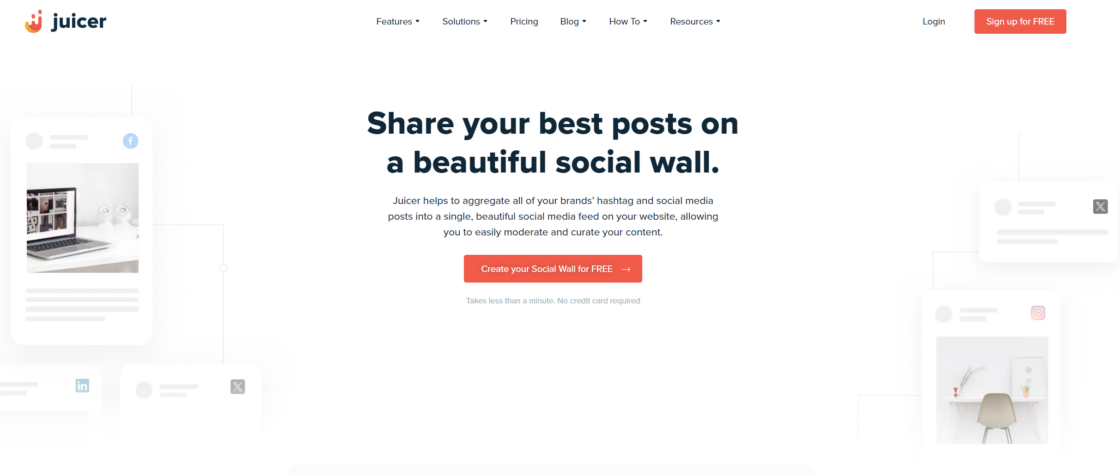
- How to build a website with WordPress and what are the best plugins to use: WordPress Web Design Tutorials: How to build a website with WordPress and what are the best plugins to use. Building a website with WordPress is an excellent choice due to its versatility, ease of use, and a vast array of plugins that enhance functionality. Here’s a comprehensive guide to building a WordPress website, along with recommendations for the best plugins.
- The Most Important Stages and Plugins for WordPress Website Development: Developing a WordPress website requires careful planning, execution, and optimisation to ensure it is functional, user-friendly, and effective. The process can be broken into key stages, and each stage benefits from specific plugins to enhance functionality and performance. Here’s a detailed guide to the most important stages of WordPress website development and the essential plugins for each stage.
- What are the most powerful Tools for SEO in WordPress?: Powerful SEO Tools for WordPress: Search Engine Optimisation (SEO) is essential for improving your WordPress website’s visibility in search engines. Here are the most powerful tools to optimise your site effectively:
- How to add shipping modules in CubeCart: Step 1: Log in to Your CubeCart Admin Panel: Open your web browser and navigate to your CubeCart admin login page. Enter your username and password to log in.
Step 2: Navigate to the Extensions Section: Once logged in, go to the left-hand menu and click on Manage Extensions. From the dropdown, select Extensions.
Step 3: Find Shipping Modules: In the Extensions section, locate the Shipping tab to view available shipping modules. You can browse through the list or use the search function to find a specific module. - Gathering domain and IP information with Whois and Dig: In the digital age, understanding the intricacies of domain and IP information is essential for anyone navigating the online landscape. This article explores two powerful tools—WHOIS and DIG—that help gather valuable insights about websites and their underlying infrastructure. Whether you’re a cybersecurity professional, a web developer, or simply curious about online resources, you will learn how to effectively utilize these tools, interpret their outputs, and apply this knowledge to real-world scenarios.
- What are the best WordPress Security plugins and how to set them up the best way: Read a comprehensive guide on the best WordPress security plugins and how to set them up to ensure optimal protection for your WordPress site.
- Will a headland provide enough shelter?
- Learn How To Purchase Your Own Domain Name with Fastdot.com: Open your web browser and go to Fastdot.com. Navigate to the Domains section, either from the homepage or from the main navigation bar.
Step 2: Search for Your Desired Domain Name: In the domain search bar, type the domain name you want to purchase. Fastdot supports a wide range of domain extensions (TLDs), such as .com, .net, .org, .com.au, and many others. Click the Search Domain button. The system will check the availability of your desired domain name.
Educational institutions like Georgetown University use Juicer to aggregate and display social content on their website. It’s a great way to create a beautiful social media wall to promote courses, engage with students, and build your institution’s brand.
Getting started with Juicer is easy. All you need to do is sign up for a free Juicer account and connect your social media accounts following the laid-out steps. Once your account is up and running, you can:
- Embed content from 16+ social channels on your website automatically, including Twitter (X), Facebook, and LinkedIn.
- Control what shows up on your feed via Juicer’s feed moderation rules and filters.
- Monitor how people engage with your content in Juicer’s social analytics feed.
As mentioned earlier, you can start using Juicer for free. But you’ll need to upgrade to any of our paid plans to access our advanced content aggregation features, such as quicker feed updates. Juicer offers three paid monthly plans starting at $19.
2. Scoop.It: For Real-Time Content Curation

Scoop.it! is a popular content curation and aggregation solution that allows individuals and businesses to search for valuable content and publish it on the web. Its advanced content engine monitors global news outlets and publications on your behalf, helping you to track down valuable and up-to-date content.
As an e-learning institution, you can use this tool to find valuable reports, studies, and even success stories from other companies for your learning materials.
Once found, you can embed the content into one or multiple WordPress blogs, share it across social media, or generate customized newsletters with MailChimp. Unfortunately, Scoop.it! doesn’t allow you to create social media walls, unlike Juicer.
Scoop.it! has a free plan and two paid plans starting at $67/month.
3. eLearning Tags: For Educational Research
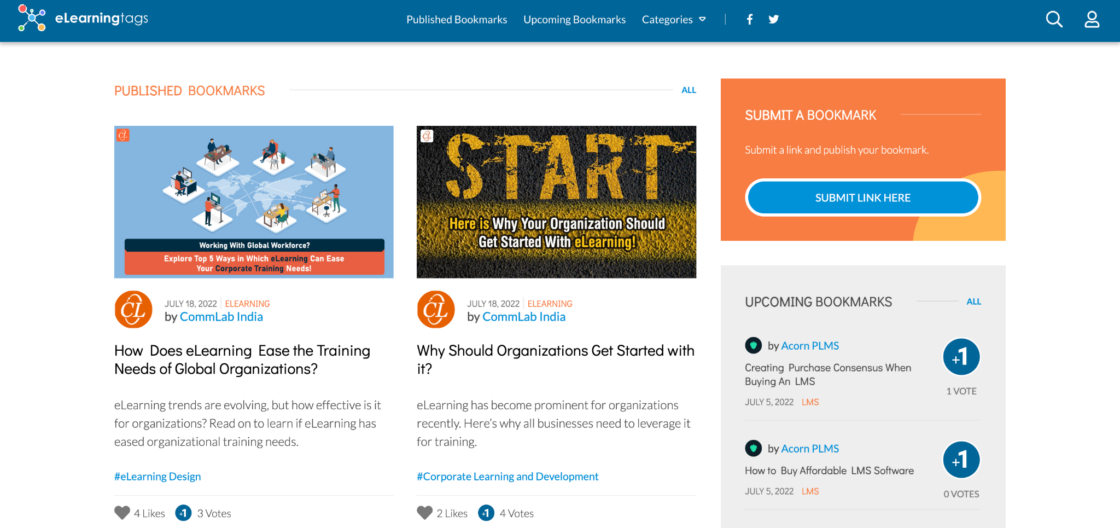
eLearning Tags is a little different from some of the content curation tools for eLearning companies we’ve covered so far. Essentially, it’s a free platform where teachers and educators can share their learning materials and access other materials from experts around the world.
With an account, you can easily and quickly track down valuable content related to your course topic or niche and even start conversations with instructors. You’ll also be able to bookmark the content you’re interested in and add it to a comprehensive library for your classes.
The site is easy to use and accessible, and it has many valuable topic categories to choose from. Plus, you can use keywords to search for the content most relevant to your needs. However, like Scoop it!, you can’t combine the content you discover into a social feed for your website.
4. EduClipper: For Comprehensive Lesson Creation
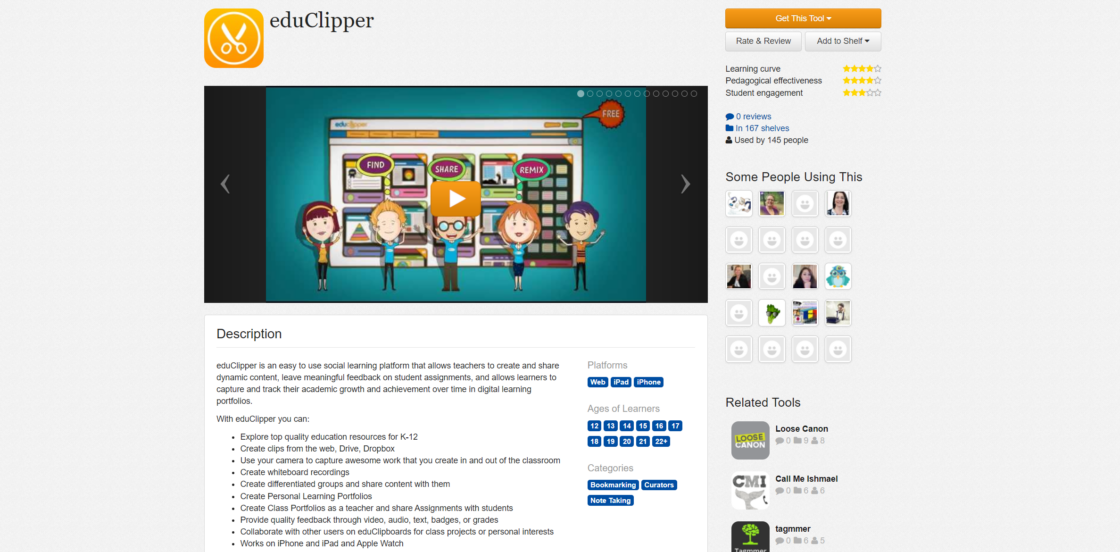
EduClipper by Edshelf is a social learning platform where teachers can create and share dynamic content and leave feedback on student assignments. With an account, you can explore a range of quality educational resources sourced from around the web and curate them into comprehensive lessons.
You can add your own content snippets, create whiteboard recordings, and embed your video and audio. You can also create specific segments of your students to share learning resources with different types of learners.
Hundreds of thousands of educators worldwide use EduClipper, which is completely free. However, it does lack some versatility. For instance, you can’t embed content into your website or design a specific feed; you can only share your content through the tool.
5. Wakelet: For Creating Educational Content Collections
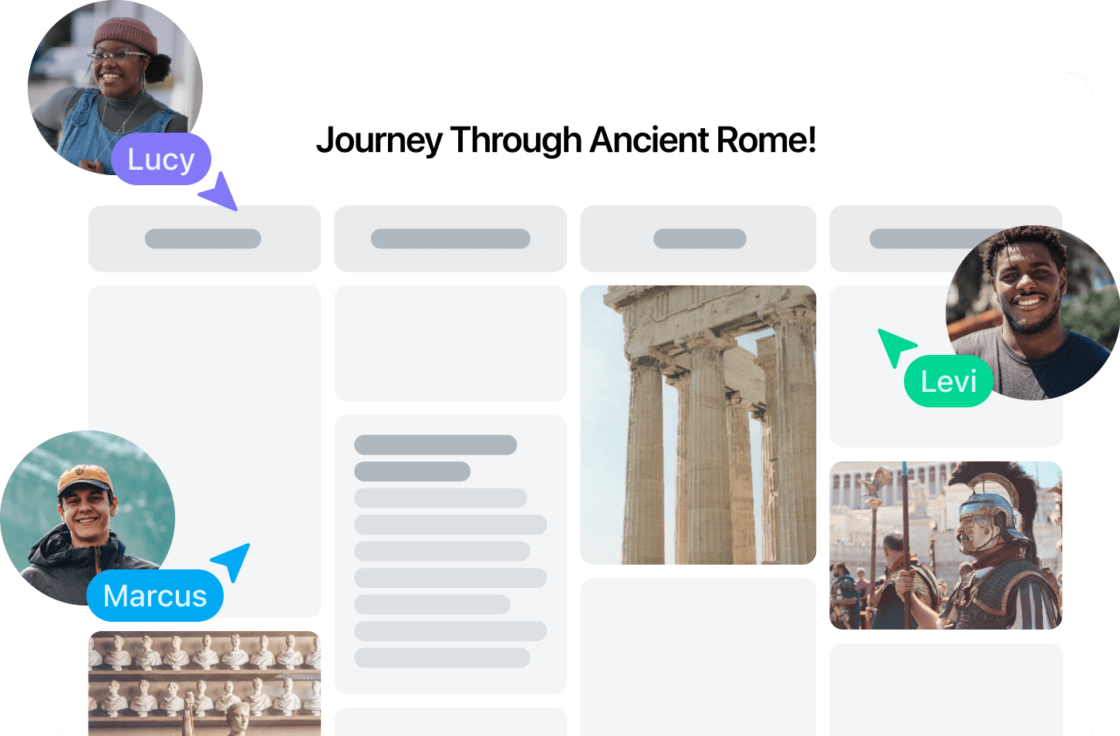
Wakelet lets you capture and save content to a library from anywhere on the web. It also serves as an internal repository for any content you create yourself.
You can organize content pieces into collections using pre-set templates. These collections can include everything from written text to tweets, YouTube videos, and even articles. Then, the collection layout can be customized or integrated with other educational tools like Canva, Microsoft Teams, Dropbox, or Google Cloud.
You can add other instructors as collection collaborators or share it with your students as a completed page or booklet.
Wakelet offers a free Individual plan that allows users to create unlimited items and collections. It also has paid subscription plans, including an Education Pro plan, that starts at $4 per user.
6. Feedly: For Content Discovery
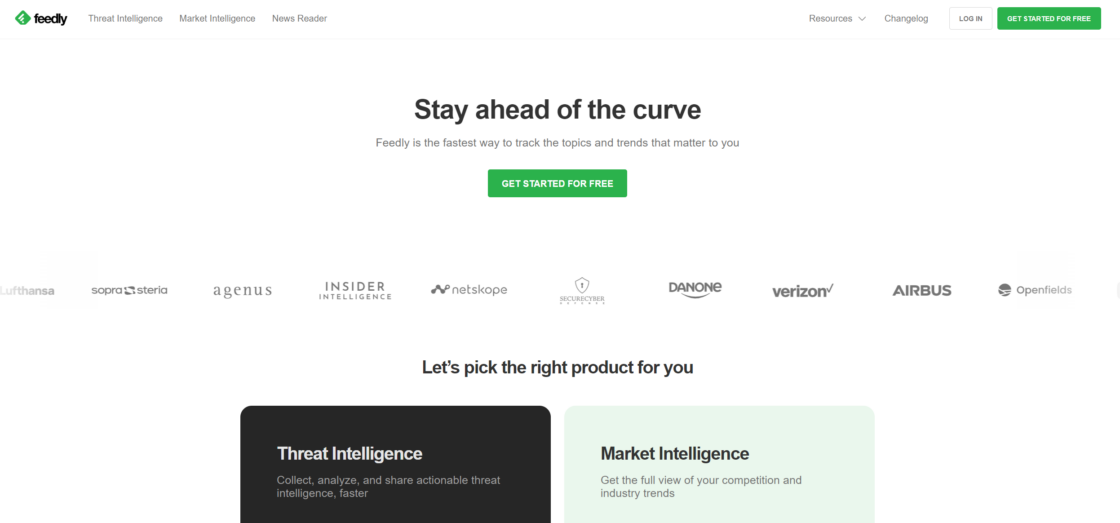
Feedly is a great way to keep up with the latest research and insights in your field. It’s an AI-powered content curator tool for educators looking for fresh, relevant information for their lessons or courses.
Getting started is easy. Simply add your favorite sources to the platform, and the AI will aggregate the latest relevant information into a central feed.
You can share the personalized feed with your students, encouraging critical thinking and guiding them to read further on various topics — or turn it into a newsletter template.
Feedly has separate pricing plans for its three core products: Threat Intelligence, News Reader, and Market Intelligence. News Reader starts at $6.99/month and is billed annually.
Quick eLearning Content Curation Tips
Now that you have insight into some of the best content curation software for schools, you might wonder how to curate e-learning content effectively. While the strategy you choose may vary depending on various factors, here are some of our top tips for success:
- Define your goals: decide why you’re curating content in the first place. Do you want to promote your courses and engage students with a solution like Juicer.io, or are you looking for a solution that will help you add value to your class content?
- Assess resources carefully: when curating content, pay close attention to the quality of the articles, tweets, or social media images you’re sourcing. Your content should always be informative and valuable to your target audience.
- Arrange content correctly: once you’ve found the right content for your needs, ensure you arrange it effectively in a way that is easy for students to follow. For instance, you might combine a series of videos from YouTube about a specific topic into one feed and then create a different feed for each topic you cover.
- Showcase your brand: when sharing curated content with your students, remember to highlight your personal brand or the brand of your institution. Make sure to draw attention to your unique values, your personality (or tone of voice), and your brand image.
- Monitor the results: pay attention to the results of your curation efforts. If you’re creating a social wall, look at how engagement rates and conversions increase for your courses. If you’re curating content to improve your course materials, listen to the feedback your students give about the quality of the information shared.
Automate Social Content Curation With Juicer
Juicer makes it easy to curate and display content from 15+ social channels. With your customizable Juicer feeds, you can draw attention to everything from valuable video clips from courses to customer feedback, taking your marketing strategy to the next level.
Visit Juicer.io today to sign up for a free account and optimize your content curation strategy.

